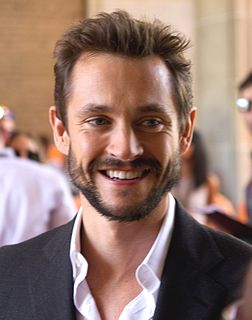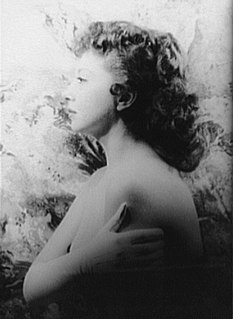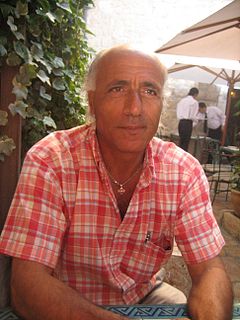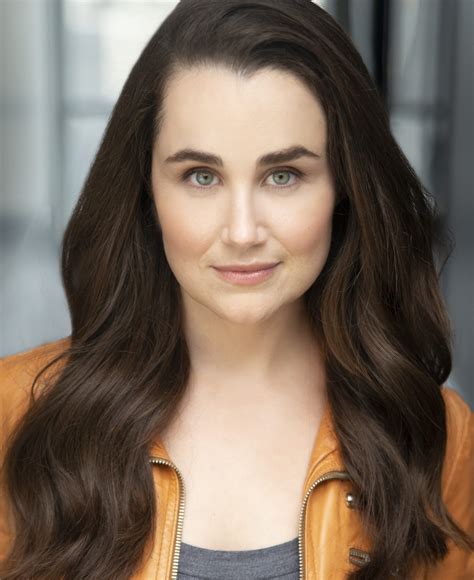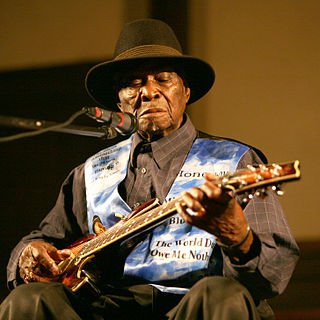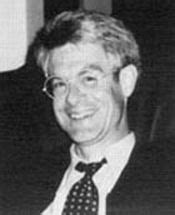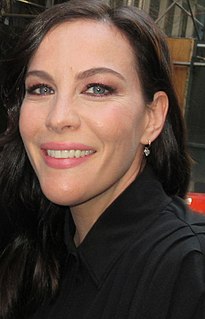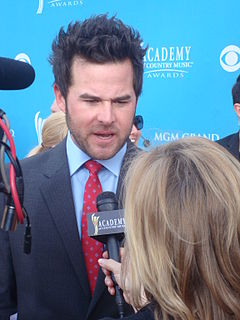A Quote by Lea Salonga
The nice thing about doing a pop opera - in the way that doing, say, 'Miss Saigon' or 'Les Miz' would be - is that, because the convention is set from the beginning that this is an opera and everything is sung, there is never that feeling of 'Why is this person bursting out into song?' because the whole thing is sung.
Related Quotes
One nice thing about my momma is, she never gets on you for what you are not doing. I mean, she never looks away from the things you do only to notice what isn't on the plan. This is the most important thing in getting along with...anybody, and I can tell you because I copy it from her and it makes good sense. You don't go looking at the things people don't do, when they already be doing plenty in other areas. If your son collects stamps, why you want to go fussing at him because he doesn't play the clarinet? Check out his stamps, man.
I've always loved opera; it never occurred to me that I would write a proper libretto. One of my closest friends is a composer, Paul Moravec, and a few years ago, Paul and I were at lunch, and I said to him, "you really have to write an opera." So, he says very casually to me, "I'll do it if you write the libretto." Well, little did I know that the within a couple of years we would end up getting a commission from the Santa Fe Opera to write an opera together, "The Letter," which turned out to be the most successful commissioned opera in the history of the Santa Fe Opera.


